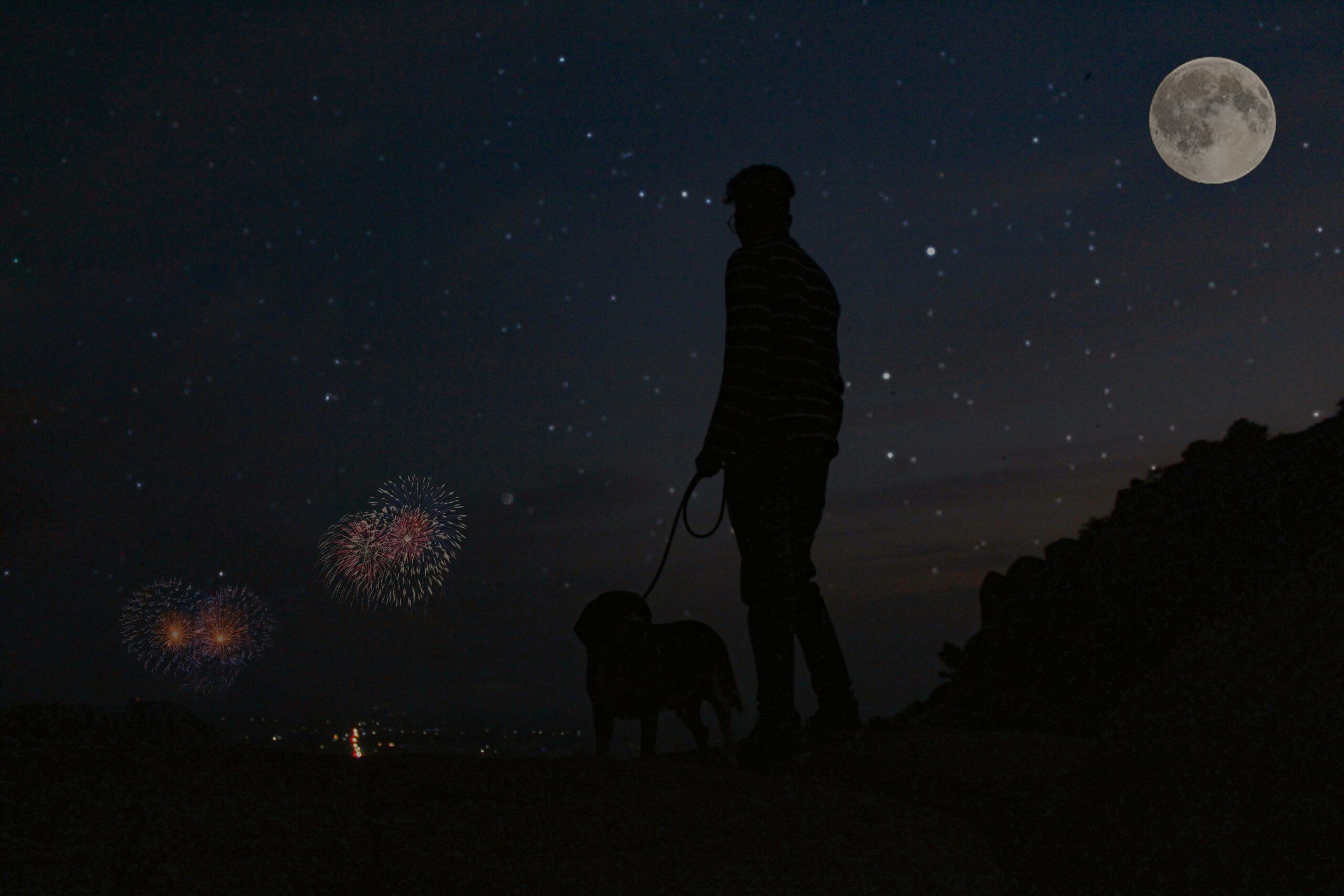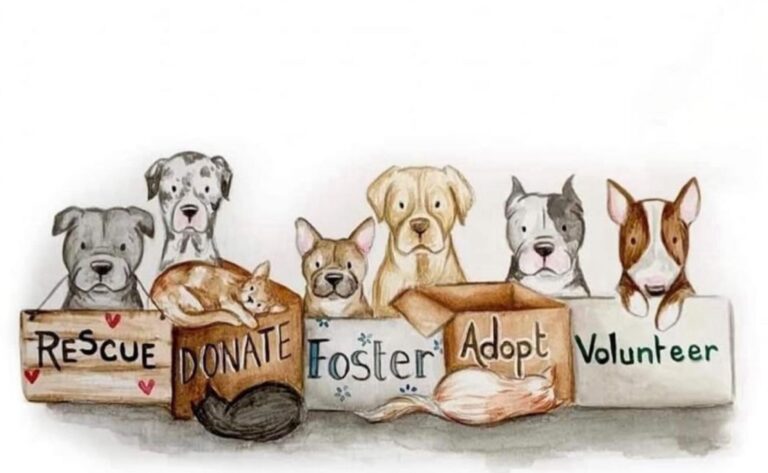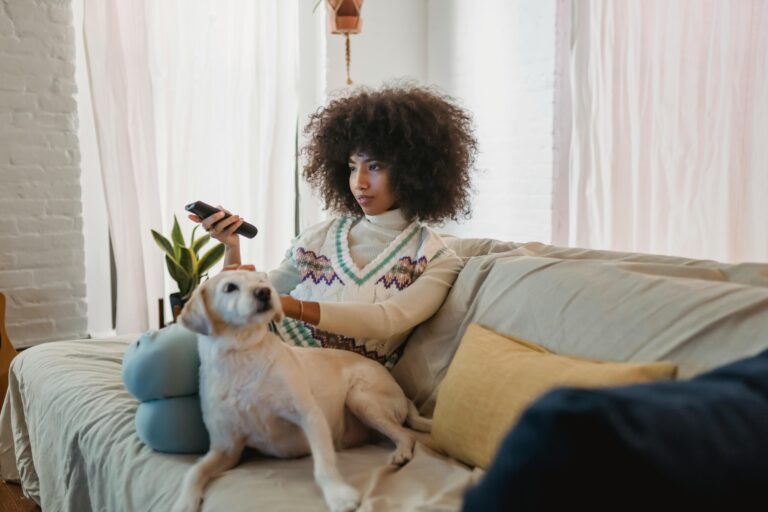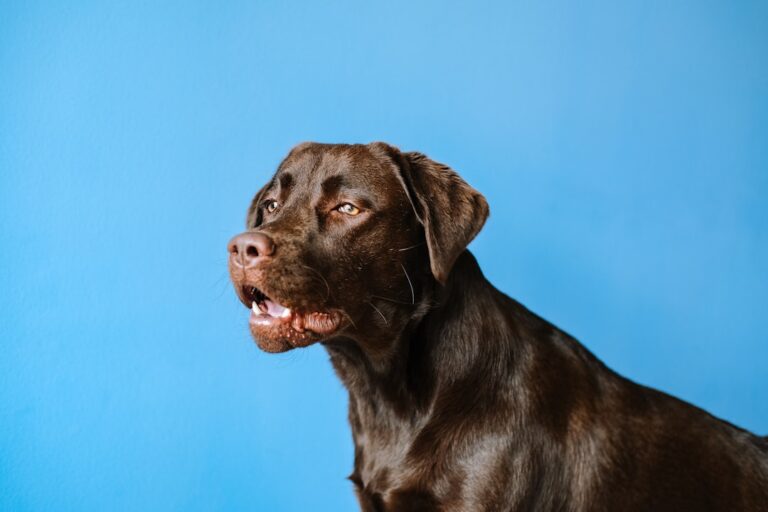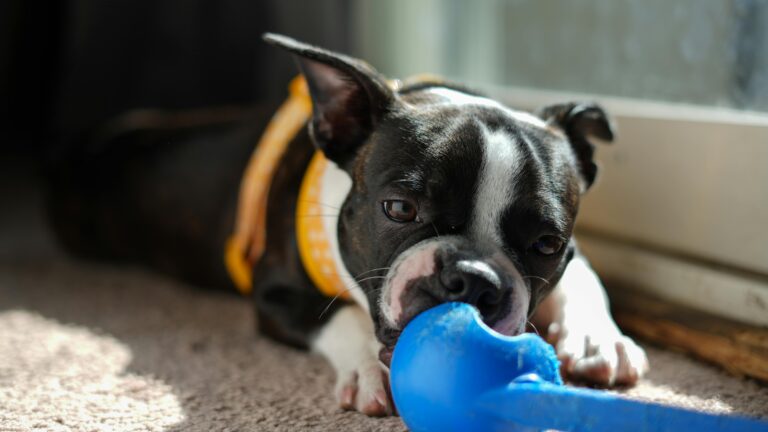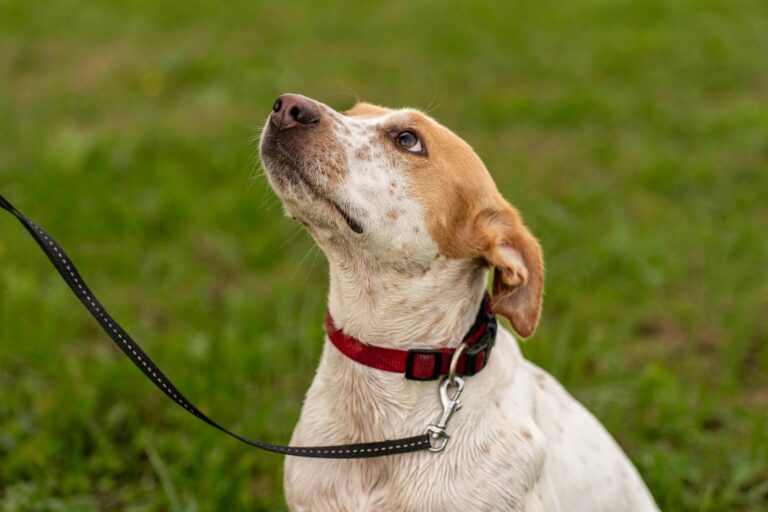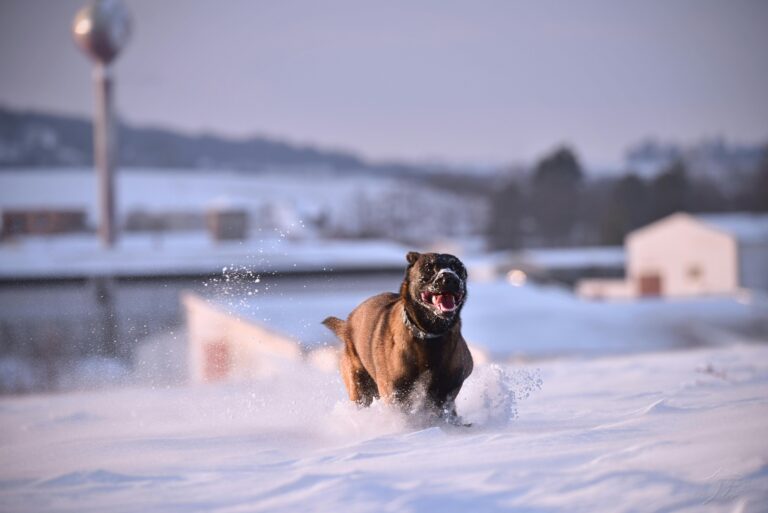Surviving Fourth of July: Noise Anxiety and Fireworks
As the calendar flips to July, anticipation builds for barbecues, parades, and of course, fireworks. But for many dogs, the Fourth of July is anything but festive. Instead of celebrating, they’re cowering under beds, panting in panic, or barking uncontrollably. Noise anxiety is one of the most common fears among dogs, and fireworks are a leading trigger.
If you’re a Pittsburgh-area dog owner gearing up for Independence Day, you don’t have to accept a night of fear and stress for your pup. With some proactive training, desensitization, and smart planning, you can help your dog survive, and even thrive during fireworks season.
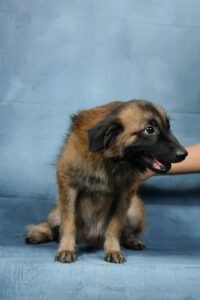
Why Fireworks Are So Terrifying for Dogs
To us, fireworks are a dazzling light show. To dogs, they’re loud, unpredictable explosions. Dogs experience the world through heightened senses, so the booms, flashes, and vibrations of fireworks can be deeply distressing. For dogs with existing anxiety or fear issues, the Fourth of July can feel like a full-blown crisis.
Recognizing Signs of Noise Anxiety in Dogs
Not sure if your dog suffers from firework fear? Common signs include:
- Trembling or shaking
- Pacing or restlessness
- Whining, barking, or howling
- Hiding in closets, bathtubs, or under furniture
- Excessive drooling or panting
- Attempts to escape or dig
- Destructive behavior
If you’ve seen these behaviors before during storms, parades, or construction noise, odds are your dog may struggle on July 4.
How to Prepare Your Dog Before the Fireworks Start
Preparation is key to making the holiday less stressful. Here’s a checklist to get started:
Create a Safe Space: Choose a quiet, interior room where your dog can retreat. Add blankets, favorite toys, and a crate if your dog is crate-trained.
Try Desensitization Training: Use low-volume recordings of fireworks in the weeks leading up to the holiday. Gradually increase the volume while rewarding calm behavior with treats or praise. This method is highly effective when paired with Basic Obedience Training for Anxious Dogs.
Stick to a Routine: Feed and walk your dog before the fireworks begin. Tired dogs are calmer and less reactive.
Mask the Sound: Turn on white noise, calming music, or the TV. Many dogs respond well to specific soundtracks designed to reduce stress. This vet-approved guide on using music to calm anxious dogs explains how to choose the right tunes and create a soothing sound environment.
Use Calming Aids: Consider thunder shirts, calming chews, or pheromone diffusers like Adaptil. Always consult your vet before introducing medication or supplements.
Stay Calm Yourself: Dogs are incredibly attuned to human emotions. If you’re nervous or agitated, your dog will feel it too. This ties into broader training principles discussed in our step-by-step guide to walking calmly beside you, where handler energy is crucial.
During the Fireworks: Real-Time Coping Strategies
Once the fireworks start:
- Avoid Leaving Your Dog Alone: Being home with your dog can significantly reduce their stress.
- Distract and Redirect: Keep your dog mentally occupied with puzzle toys or high-value treats like frozen Kongs.
- Reward Calmness: Don’t coddle fearful behavior, but do reward moments of relaxation with soft praise or treats.
- Keep Doors and Windows Secure: Noise-sensitive dogs may attempt to bolt or escape during fireworks. Make sure your home is escape-proof.
Long-Term Training Can Reduce Noise Sensitivity
If your dog suffers year after year, know that there’s hope beyond one-time fixes. Professional obedience training can dramatically reduce reactivity and build confidence. Our Advanced Obedience Program for Noise-Phobic Dogs teaches dogs how to focus, remain calm under stress, and respond reliably to commands, even in chaotic environments.
Training also helps pet parents respond more effectively. For example, integrating structured place commands, touch desensitization, and leash manners can help your dog feel secure in your presence, no matter what’s going on outside.
One proven technique involves using structured enrichment, such as problem-solving games, to reinforce calm thinking. Our master guide to dog escape rooms offers creative, indoor activities that double as confidence boosters; ideal for dogs who need a break from outdoor noise.
Don’t Wait for July 4 to Make a Change
The Fourth of July comes once a year, but noise anxiety can flare up during thunderstorms, construction, or city events. Early intervention through a Behavioral Training Program for Fearful Dogs can make future events manageable, or even uneventful.
Final Thoughts
No dog should have to suffer through the Fourth of July in a state of panic. With a blend of environmental adjustments, desensitization, and expert obedience training, you can help your dog handle fireworks with calm and confidence.
Ready to take the next step? Contact us today to start a customized training plan that gives your dog peace of mind all year long.

